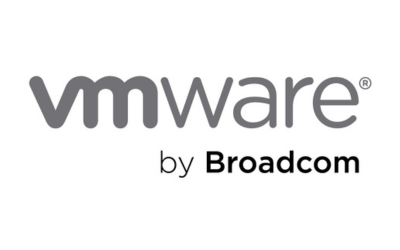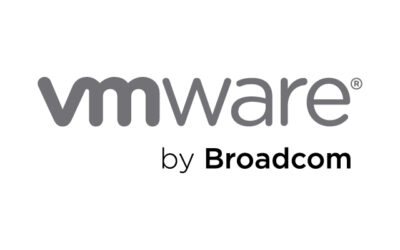With over 90% of companies using cloud services in some element of their business, it’s an important modern skill to understand what the cloud is, and its uses. We’ve put together an explanation for what the cloud is, without all of the technical language that can sometimes distract from its business critical elements. With this guide you’ll be equipped to make an informed decision about your digital transformation strategy, and be effective at communicating that decision to other stake holders.
What is cloud?
The cloud generally refers to data storage options which aren’t on hardware you manage. In the old days, all of a company’s data (including systems and software) would have to have been stored on servers and hard drives that they operated. As technology progressed, cloud options became available, meaning this data didn’t need to be physically stored by the company any more. Instead they would have access to a digital copy stored on the cloud.
A lot of the confusion around cloud computing stems from the use of the word ‘cloud’. It implies the data now lives only in an ethereal-digital form and can be plucked from the air as needed, and it would be understandable if you were thinking of it like that. However, the reality of cloud isn’t that the servers don’t exist anymore; they are now operated by a third-party. Systems, files, and applications hosted on the cloud still have a physical presence somewhere in the world, they are just somewhere removed and require no upkeep from the company storing information on them.
Essentially: if you store data on a computer that you are physically responsible for, then that is just storing data. But, if you’re storing your data on a third-party’s server, which you have no physical interaction with, then this is an example of cloud computing.
Examples of the cloud
Everyday examples of the cloud include:
- Emails – Since they’re stored with your email provider
- Google docs – Since your files are stored on Google’s servers
- Dropbox – Since your files are stored with Dropbox
Arguably, social media platforms are an example of cloud computing as well, since you can upload photos, videos, calendars etc. and then keep them stored on their servers instead of your own.
Examples of cloud used in businesses:
- Salesforce, Hubspot, and other CRMs – Since they store your prospect data and a range of other applications
- Docusign – Since your contracts or customer agreements are stored and sent out by them
- Anything on AWS – All of these services are hosted by Amazon, meaning they’re in the cloud
Benefits of Business Cloud
Using cloud services has a lot of benefits for a company:
Someone else’s hardware – If a company starts storing things on the cloud instead of their own servers, it means they no longer need to operate these servers. This takes a lot of responsibility away from the IT team of a company.
Reliability – Cloud hosting is done by experts and they will be able to provide SLAs around guaranteed uptime, and compensation for network outages.
Scalability – If a company rapidly grows or shrinks, or has a random spike or dip in activity, their cloud host can change their provisions to adapt. A cloud provider can do this much quicker, and without any long term investment from the company, than if the company was running their own servers.
Lower costs – Running servers, and the team which manage them is expensive. Often the fees attached to cloud computing solutions will be less.
Types of Cloud
There are three main types of cloud to choose from, and what will be the best fit for your company depends on a lot of factors and the specifications of your computer system.
However, a general rule of thumb is the size of your company: if you’re a smaller company then hosting on a public cloud will probably be the most cost-effective method. If your computer system is too large to be hosted on public, then private cloud might be the best fit for you. Hybrid cloud will be the best fit for you if your private cloud cannot keep up with spikes in demand.
Public cloud – Email servers, like Outlook or Gmail, and other ready-to-use applications are public because lots of people from different companies are all using the same platform.
Private cloud – This is when you have cloud hardware dedicated to your platform. If you’ve ever worked for a company with its own personal portal, this was probably a private cloud.
Hybrid cloud – A best-of-both-worlds solution, a hybrid cloud is a private cloud that can ‘overflow’ to a public cloud platform when needed.
Deciding on Clouds
Just remember that cloud hosting involves outsourcing your data storage to a third party in some capacity. You need to make sure you understand exactly what data/ applications you would be outsourcing to them, and what they would be able to provide while you work with them.
A business cloud is an essential tool for most modern businesses, Redcentric have a variety of cloud services available to suit whatever your needs are. Alternatively, if you’re looking to learn more about cloud check out our articles below.



